Would you trust a machine to decide if you get hired, approved for a loan, or even receive life-saving medical treatment?
Artificial Intelligence (AI) is no longer a distant dream from sci-fi movies. It’s here, shaping the news we read, the jobs we apply for, and even the justice we receive in courtrooms. But with this incredible power comes a haunting question: Are we teaching AI to make the world better—or accidentally setting it up to harm us?
This is where AI Ethics steps in—a conversation not just for tech experts, but for every single one of us who lives in an AI-driven world.
What is AI Ethics?
AI ethics is basically about making sure artificial intelligence does the right thing. It’s like having rules for how AI should behave, just like we have rules for how people should treat each other.
Here’s what AI ethics tries to figure out:
- Is it treating everyone fairly? Imagine an AI that helps hospitals decide which patients get care first. If it always puts certain types of people at the back of the line because of their race or income, that’s not fair. AI ethics says this is wrong.
- Does it respect your privacy? Think about all the personal stuff on your phone—your photos, messages, where you go. AI ethics asks: Should companies be able to use this information however they want, or do you get to decide?
- Who’s responsible when things go wrong? Let’s say a self-driving car causes an accident, or an AI wrongly flags you as a fraud risk and freezes your bank account. AI ethics asks: Who do you blame? Who fixes the problem? Who pays for the damage?
- Can you understand what’s happening to you? If an AI rejects your job application or loan, do you have the right to know why? Should companies have to explain their AI decisions in plain English so you can understand and challenge them?
Think of AI ethics like traffic laws for the digital world. Just as we need rules about who goes first at a stop sign, we need rules about how AI treats people. Without these rules, AI might work great for some people but cause real harm to others.
The goal is simple: make sure AI helps everyone, not just the people who build it.
Why Should You Care About AI Ethics? (Even If You’re Not a Tech Person)
AI is everywhere now, and it’s making decisions about your life whether you realize it or not. Here’s what I mean:
- Job Hunting: You apply for jobs online, but an AI might automatically reject your application before any human even sees it. Maybe the AI was trained mostly on resumes from men, so it unfairly filters out women’s applications.
- Getting a Loan: When you apply for a car loan or mortgage, an AI often decides if you qualify. But what if that AI learned from old data when banks discriminated against certain neighborhoods? You could get rejected for reasons that aren’t fair.
- What You See Online: Ever notice how your Facebook feed shows certain news stories but not others? That’s AI picking what it thinks you want to see. But this can create a bubble where you only hear one side of important issues.
- Shopping and Services: When you call customer service, AI might route your call based on how much money the company thinks you’re worth as a customer.
The problem is simple: if we don’t set rules for how AI should work, it can hurt people—especially those who already face discrimination. And since AI makes thousands of decisions per second, those problems get multiplied fast.
You don’t need to understand coding to care about this. You just need to understand that AI is making choices about your opportunities, your information, and your daily life. That’s why everyone—not just tech experts—should have a say in how AI treats people.
What’s Really at Risk? The Big Problems AI Can Cause
When AI goes wrong, it doesn’t just break—it can seriously mess up people’s lives. Here’s what can happen:
- Unfair Treatment: If an AI learns from bad examples, it copies those mistakes forever. Like if most successful employees at a company were men, the AI might think “men = better workers” and automatically reject women’s job applications.
- Nobody Takes Blame: When an AI screws up, everyone points fingers. The programmer says, “I just wrote the code.” The company says, “We just bought the software.” The data company says, “We just provided information.” Meanwhile, you’re stuck dealing with the problem.
- Secret Decisions: Many AI systems won’t tell you how they decided something. It’s like a judge sentencing you to jail but refusing to explain why.
- Your Private Stuff Gets Misused: AI companies collect tons of personal information about you, then use it in ways you never agreed to.
Real Stories: When AI Goes Wrong
- The Hiring Robot That Hated Women: A big tech company built an AI to help hire people. But since most of their past employees were men, the AI learned that men were “better” candidates. It started automatically downgrading any resume that mentioned women’s colleges or women’s sports teams. The company had to scrap the whole system.
- The Loan That Makes No Sense: You apply for a car loan with good credit and steady income. The AI says no. When you ask why, the bank shrugs and says, “The computer decided.” You have no way to argue or fix whatever the AI thinks is wrong.
- The Medical AI That Forgot About Everyone: Hospitals use AI to help diagnose skin cancer. But the AI was mostly trained on photos of white people’s skin. When it looks at darker skin, it’s terrible at spotting cancer early. People could literally die because the AI wasn’t taught properly.
- Your Echo Chamber News Feed: Social media AI shows you posts it thinks you’ll like. But this creates a bubble where you only see news that confirms what you already believe. Over time, you lose touch with different viewpoints, and society becomes more divided.
The Basic Rules AI Should Follow
| AI Commandment | What It Means |
|---|---|
| Be Fair | Treat everyone the same, regardless of race, gender, age, or background. |
| Be Clear | If AI makes a decision about someone, explain it in plain, simple language. |
| Take Responsibility | When something goes wrong, a real person—not just “the algorithm”—must step in and fix it. |
| Respect Privacy | Don’t use people’s personal information without their permission. |
| Keep Humans in Charge | Important decisions should always have a human double‑check the AI’s judgment. |
| Include Everyone | Make sure AI works for all kinds of people, not just those who built it. |
Why This Isn’t Just a Tech Problem
Some people think AI ethics is only for computer nerds. That’s completely wrong. Here’s the truth:
AI makes decisions about your job, your money, your health, and what information you see. If you care about fairness in any part of your life, you should care about AI ethics.
You don’t need to understand how AI works to know when it’s treating you unfairly. Just like you don’t need to be a mechanic to know when your car isn’t working right.
What You Can Do Right Now
- Ask Questions: When a company uses AI to make decisions about you, ask how it works.
- Demand Answers: If an AI system affects you negatively, don’t accept “the computer says no” as an answer.
- Vote with Your Wallet: Support companies that are transparent about their AI and avoid ones that aren’t.
- Protect Your Data: Be careful about what personal information you share, especially with apps that track your health, money, or location.
Spread the Word: Talk to your friends and family about this stuff. The more people understand AI ethics, the more companies will have to follow the rules.
The bottom line: AI is too important to leave entirely to tech companies. We all have a stake in making sure it works fairly for everyone.
This post is just your warm-up. In this blog series, I’ll go deeper into fairness, bias, transparency, accountability, privacy, human control, and the “greater good”—all under the banner of AI ethics. As I read in many recent reports, the challenge isn’t simply to make smarter machines, but to make ones that deserve our trust.
Let’s talk:
What worries you most about AI? Have you seen examples of algorithms doing more harm than good? Leave your thoughts and questions below—let’s build an AI-savvy community, one story at a time.
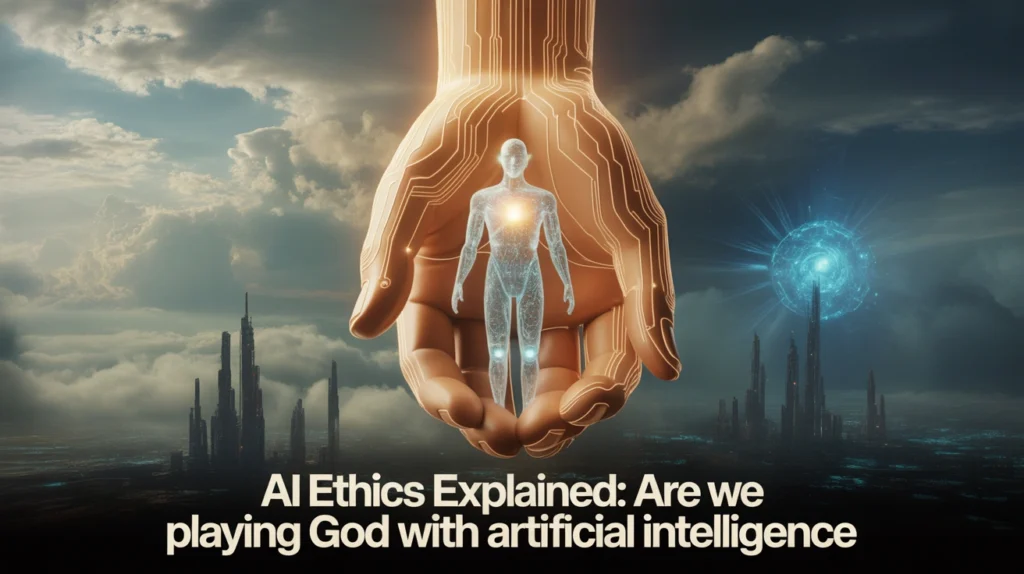
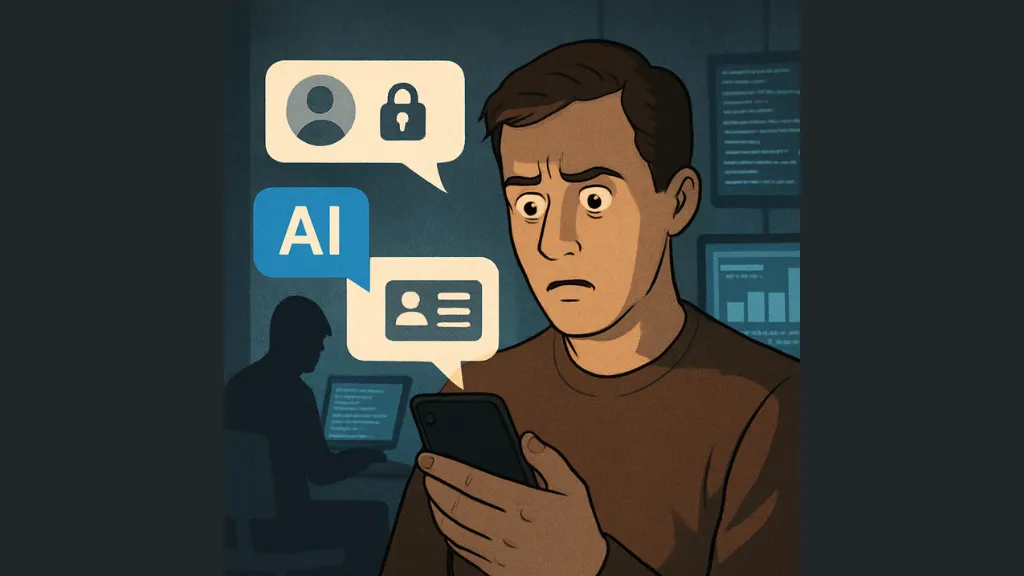

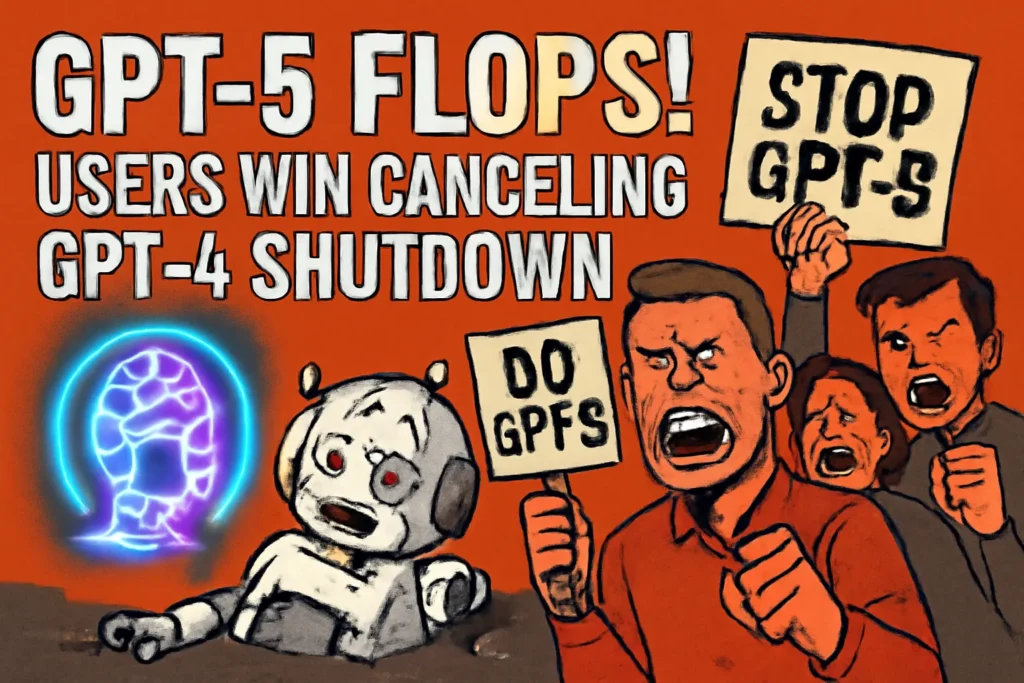
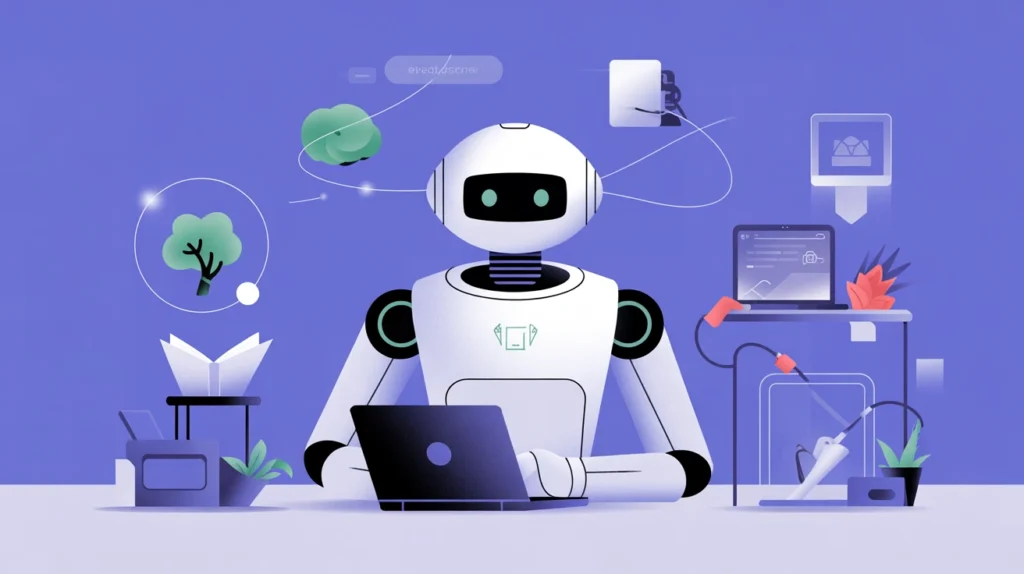

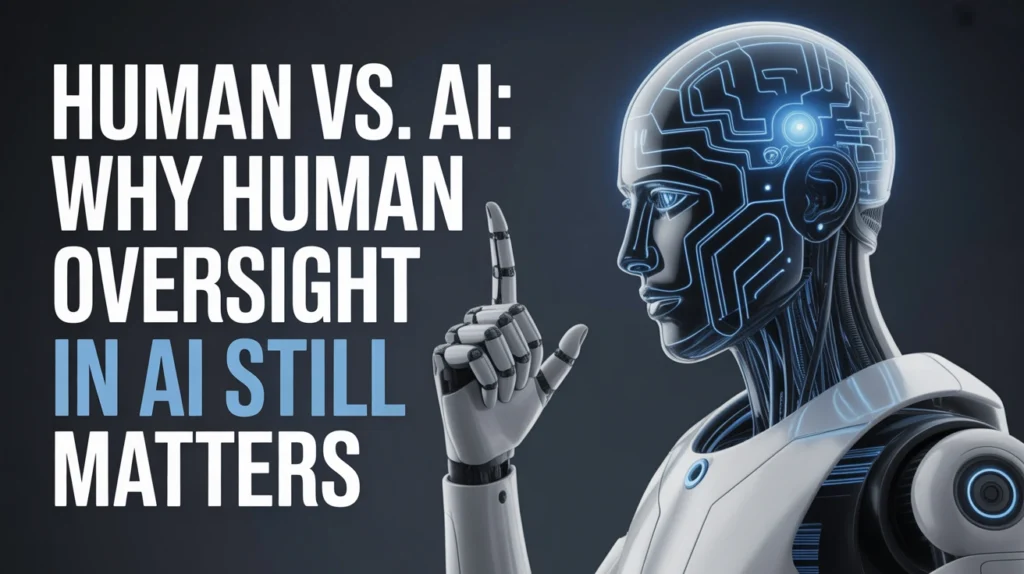
Pingback: Humans vs. AI: Why Human Oversight in AI Still Matters
Pingback: AI Ethics and Responsible AI: An Easy Guide for Everyone
Pingback: Apple’s Secret AKI Team Is Building the Next Big ChatGPT Rival—Here’s What You Need to Know!